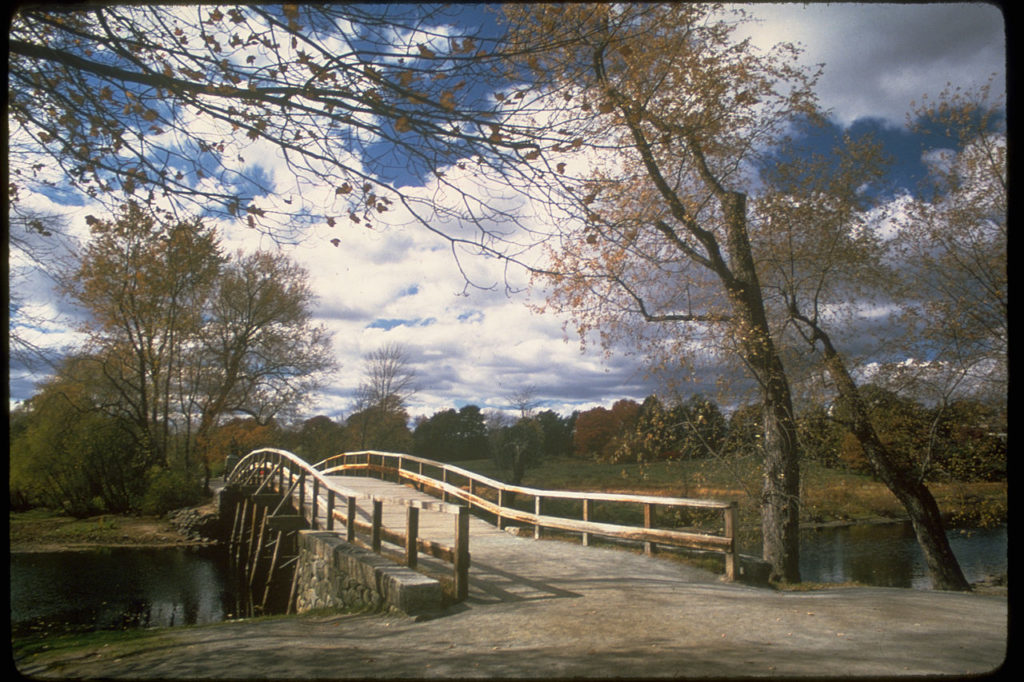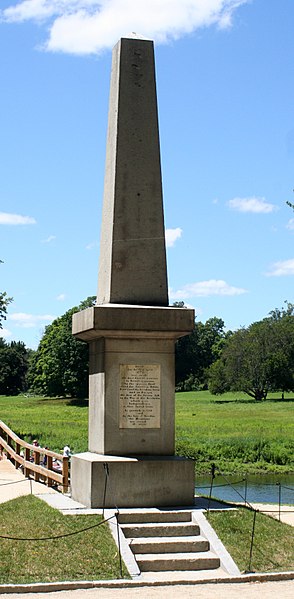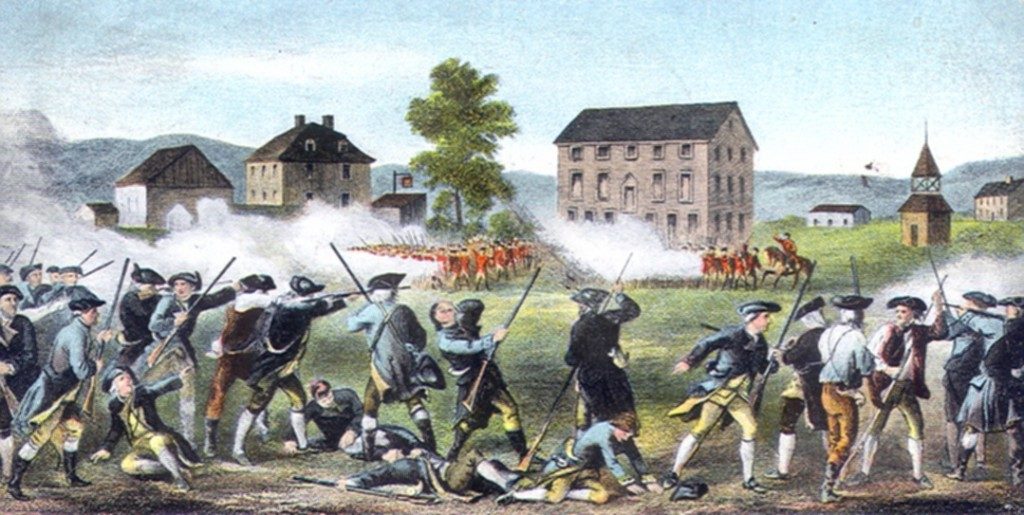Two hundred thirty-nine years ago today, an effort at gun confiscation by General Thomas Gage was the spark that started a revolution.
Sylvanus Wood was a Minuteman from Woburn, Massachusetts who responded to the call of the Lexington bell. Later in that fateful day, he is credited with being the first man to capture a British Regular during the American Revolution. Below is his sworn recollection of the battle on Lexington Green.
“I, Sylvanus Wood, of Woburn, in the county of Middlesex, and commonwealth of Massachusetts, aged seventy-four years, do testify and say that on the morning of the 19th of April, 1775, I was an inhabitant of Woburn, living with Deacon Obadiah Kendall; that about an hour before the break of day on said morning, I heard the Lexington bell ring, and fearing there was difficulty there, I immediately arose, took my gun and, with Robert Douglass, went in haste to Lexington, which was about three miles distant.
When I arrived there, I inquired of Captain Parker, the commander of the Lexington company, what was the news. Parker told me he did not know what to believe, for a man had come up about half an hour before and informed him that the British troops were not on the road. But while we were talking, a messenger came up and told the captain that the British troops were within half a mile. Parker immediately turned to his drummer, William Diman, and ordered him to beat to arms, which was done. Captain Parker then asked me if I would parade with his company. I told him I would. Parker then asked me if the young man with me would parade. I spoke to Douglass, and he said he would follow the captain and me.
By this time many of the company had gathered around the captain at the hearing of the drum, where we stood, which was about half way between the meetinghouse and Buckman’s tavern. Parker says to his men, ‘Every man of you, who is equipped, follow me; and those of you who are not equipped, go into the meeting-house and furnish yourselves from the magazine, and immediately join the company.’ Parker led those of us who were equipped to the north end of Lexington Common, near the Bedford Road, and formed us in single file. I was stationed about in the centre of the company. While we were standing, I left my place and went from one end of the company to the other and counted every man who was paraded, and the whole number was thirty-eight, and no more.
Just as I had finished and got back to my place, I perceived the British troops had arrived on the spot between the meeting-house and Bucknian’s, near where Captain Parker stood when he first led off his men. The British troops immediately wheeled so as to cut off those who had gone into the meeting-house. The British troops approached us rapidly in platoons, with a general officer on horseback at their head. The officer came up to within about two rods of the centre of the company, where I stood, the first platoon being about three rods distant. They there halted. The officer then swung his sword, and said, ‘Lay down your arms, you damned rebels, or you are all dead men. Fire!’ Some guns were fired by the British at us from the first platoon, but no person was killed or hurt, being probably charged only with powder.
Just at this time, Captain Parker ordered every man to take care of himself. The company immediately dispersed; and while the company was dispersing and leaping over the wall, the second platoon of the British fired and killed some of our men. There was not a gun fired by any of Captain Parker’s company, within my knowledge. I was so situated that I must have known it, had any thing of the kind taken place before a total dispersion of our company. I have been intimately acquainted with the inhabitants of Lexington, and particularly with those of Captain Parker’s company, and, with one exception, I have never heard any of them say or pretend that there was any firing at the British from Parker’s company, or any individual in it until within a year or two. One member of the company told me, many years since, that, after Parker’s company had dispersed, and he was at some distance, he gave them ‘the guts of his gun.'”







